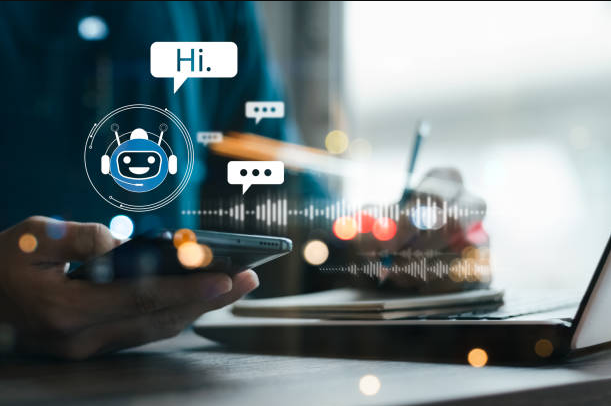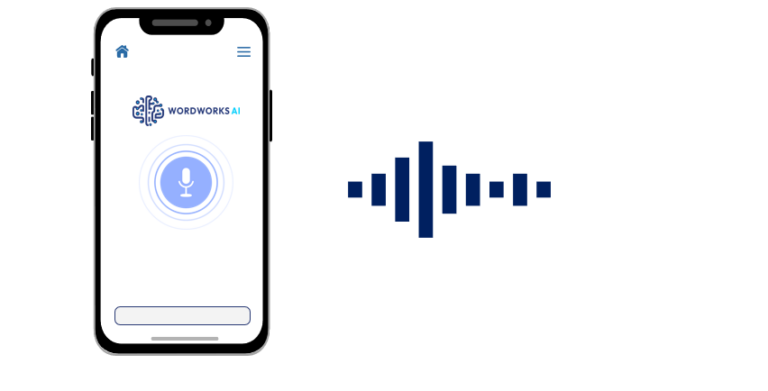Why AI Chatbots are the Future of Customer Engagement
Introduction
“According to Gartner, by 2022, 70% of customer interactions will involve emerging technologies such as machine learning applications, chatbots, and mobile messaging, up from 15% in 2018.”
In today’s fast-paced business world, customer engagement and efficient service are more crucial than ever. As technology evolves, companies are constantly seeking innovative ways to enhance customer experiences and streamline operations. One standout solution has emerged as a game-changer: AI-based chatbots. Let’s uncover why these advanced chatbots and voice bots are the default choice for companies looking to stay ahead in the digital age
24/7 Availability and Immediate Response Times
AI-based chatbots are tireless workers, available 24/7 to assist customers. This round-the-clock availability ensures that customer inquiries are addressed immediately, regardless of time zones or holidays. Unlike human representatives, these chatbots don’t need breaks, leading to increased efficiency and customer satisfaction. E-commerce platforms, for instance, use AI chatbots to handle customer inquiries about order status, returns, and product information at any hour of the day. This ensures that customers worldwide receive immediate assistance, leading to increased satisfaction and loyalty.

Cost-Effective Customer Service
Implementing AI chatbots can significantly reduce operational costs. They handle routine inquiries and tasks, allowing human agents to focus on more complex issues. This not only reduces the manpower required for customer service but also lowers training and operational expenses. Telecom companies, for instance, use AI chatbots to handle common customer service queries like billing inquiries and service issues. This automation allows companies to reduce staffing costs while ensuring that human agents are available to resolve more complex problems, improving overall service efficiency.
Personalized Customer Experiences
AI chatbots can analyze customer data and past interactions to offer personalized assistance. This capability enables them to make relevant recommendations, guide customers through processes, and provide tailored support, enhancing the overall customer experience. For instance, food and beverage services use AI chatbots to take orders via voice or text, remembering customer preferences and previous orders to provide a personalized experience. This level of customization enhances customer satisfaction and encourages repeat business.
Scalability and Flexibility
As businesses grow, AI chatbots can easily scale to handle increased volumes of inquiries without the need for additional staffing. They are adaptable to various business needs, whether it’s handling a surge in customer queries or adapting to different languages and regions. Retail businesses, for example, deploy AI chatbots during peak shopping seasons to manage the surge in customer inquiries. These chatbots can handle a high volume of requests simultaneously, ensuring that all customers receive timely responses without overwhelming human support staff.

Improved Efficiency and Productivity
By automating routine tasks and queries, AI chatbots free up human agents to tackle more complex and value-added tasks. This leads to improved efficiency in customer service and allows companies to utilize their human resources more strategically. Financial services companies, for instance, use AI chatbots to manage routine tasks such as password resets, transaction tracking, and fraud detection. This allows customer service representatives to focus on more intricate issues, increasing overall productivity and improving customer satisfaction.
Data Collection and Analysis
Chatbots are excellent at collecting data from interactions, providing valuable insights into customer preferences, behavior, and feedback. Companies can use this data to make informed decisions, improve products and services, and enhance customer engagement strategies. Beauty and cosmetics brands, for example, use chatbots to collect data on customer preferences and shopping habits during interactions. This data is analyzed to provide personalized product recommendations and to inform marketing strategies, leading to more targeted and effective campaigns.
Integrating with Multiple Channels
AI chatbots can be integrated across various platforms such as websites, social media, and messaging apps, offering a seamless experience for customers. This integration ensures that customers can receive consistent support regardless of the communication channel they choose. Airlines, for example, integrate AI chatbots across various platforms including social media, messaging apps, and their websites. This ensures that customers can receive consistent support and real-time updates on their services, regardless of the channel they choose to use.
Conclusion
In conclusion, AI-based chatbots represent a significant advancement in the way companies engage with their customers. They offer a blend of efficiency, cost-effectiveness, and personalized service that is hard to match with traditional customer service models. As AI technology continues to evolve, the capabilities of these chatbots will only expand, making them an indispensable tool for any forward-thinking business. Adopting AI chatbots isn’t just about keeping up with trends; it’s about setting a new standard for customer engagement and positioning your company as a leader in the
About WordWorks AI
Founded in February 2024, WordWorks AI transforms business communication through cutting-edge AI solutions. Our products, including chatbots, voice bots, IT outsourcing, and CRM & ERP services, are designed to drive productivity and efficiency. For more information, visit www.wordworksai.com and follow @wordworksai on LinkedIn





